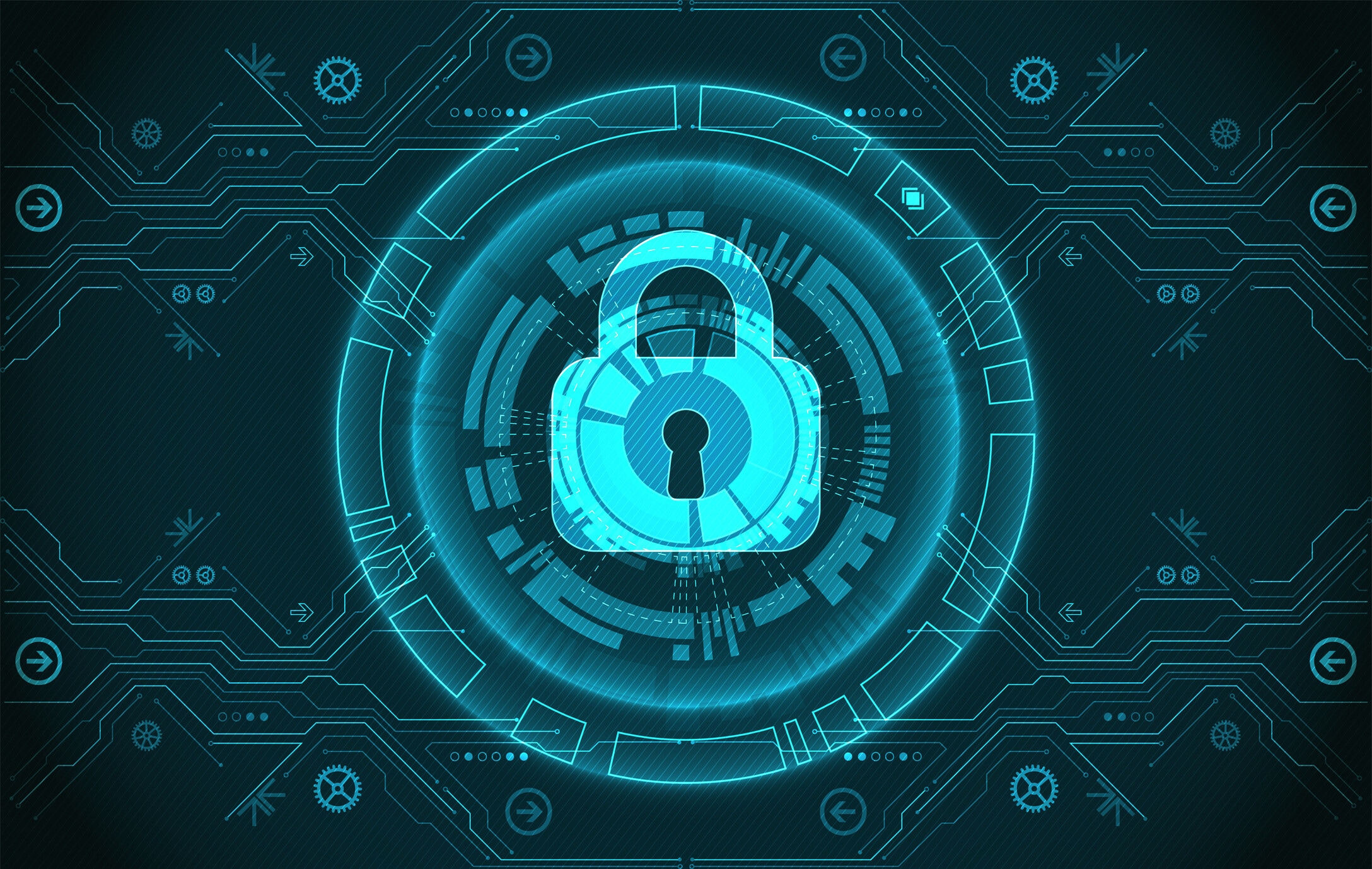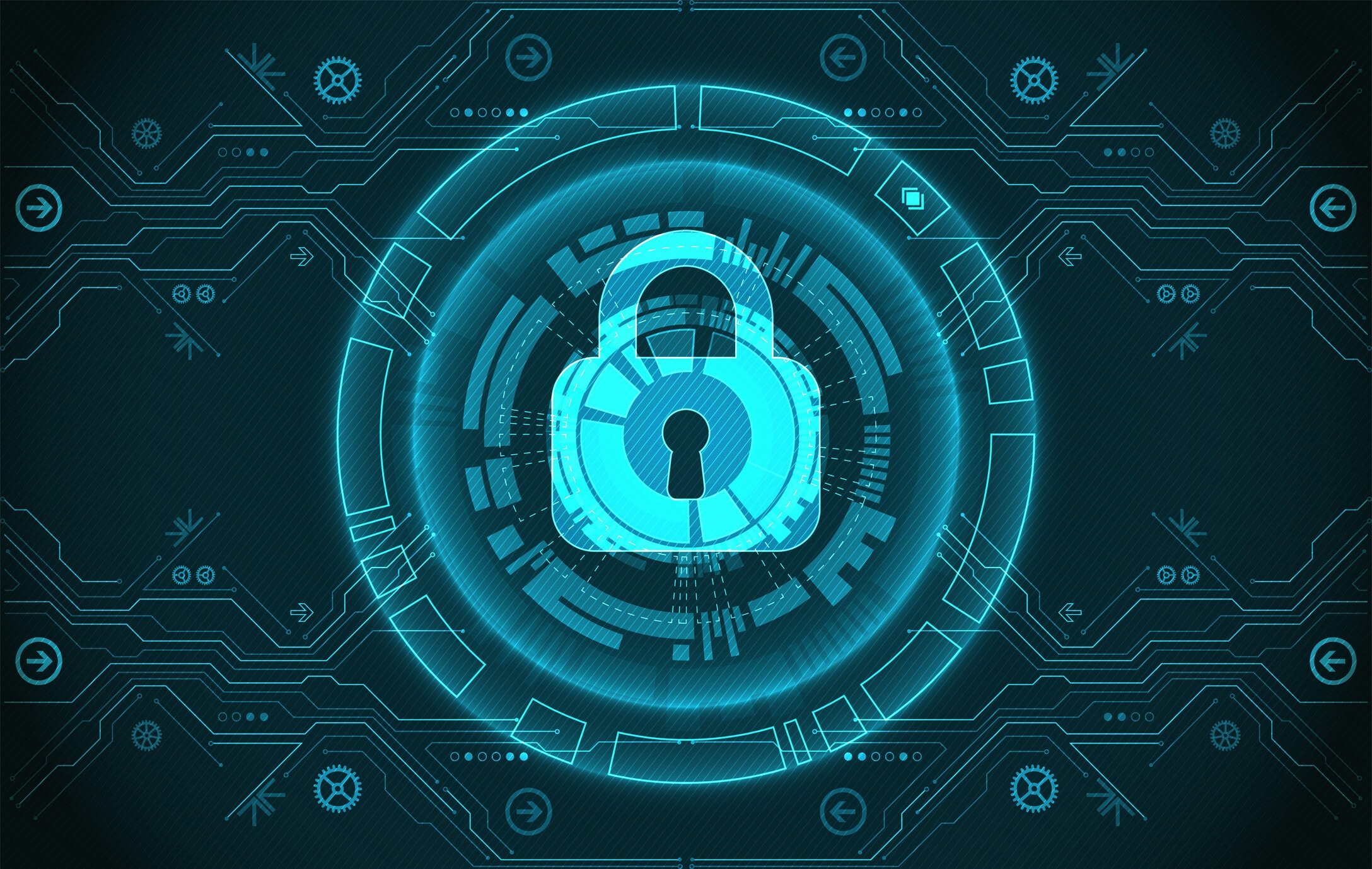If ransomware can shut the US energy 'jugular', what might it do to you? The head of Homeland Security talks to Radio Davos

A bagged nozzle at a pump notifies motorists that it no longer has fuel after a cyberattack crippled the biggest fuel pipeline in the country, run by Colonial Pipeline, in Chapel Hill, North Carolina.
Image: REUTERS/Jonathan Drake
Stay up to date:
Cybersecurity
Accept our marketing cookies to access this content.
These cookies are currently disabled in your browser.
- Colonial Pipeline attack shut down vast chunk of US oil distribution.
- Incident laid bare vulnerability of public services to ransomware hackers.
- Radio Davos examines what ransomware is and how it works.
- The latest episode also features an exclusive interview with head of US Homeland Security.
At 5.30 in the morning of 7 May, an employee of a company called Colonial Pipeline found a ransom note from hackers on a work computer. By the end of the day, the pipeline that provides roughly 45% of fuel to the East Coast of the United States was shut down and soon people were panic-buying gasoline because of fears how long the stoppage would last.
The pipeline is open again now, but not before the company paid $4.4 million in ransom.
Ransomware is a big, international criminal enterprise, but what exactly is it and what can be done to stop it?
Radio Davos hears from two experts from the World Economic Forum's Centre for Cybersecurity and from Alejandro Mayorkas, U.S. Secretary of Homeland Security.

Accept our marketing cookies to access this content.
These cookies are currently disabled in your browser.
Accept our marketing cookies to access this content.
These cookies are currently disabled in your browser.
Useful news stories:
Meet the Leader episode mentioned in this episode:
Accept our marketing cookies to access this content.
These cookies are currently disabled in your browser.
Find all our podcasts here.
Subscribe: Radio Davos; Meet the Leader
Join the World Economic Forum Podcast Club on Facebook.
Don't miss any update on this topic
Create a free account and access your personalized content collection with our latest publications and analyses.
License and Republishing
World Economic Forum articles may be republished in accordance with the Creative Commons Attribution-NonCommercial-NoDerivatives 4.0 International Public License, and in accordance with our Terms of Use.
The views expressed in this article are those of the author alone and not the World Economic Forum.
Related topics:
Forum Stories newsletter
Bringing you weekly curated insights and analysis on the global issues that matter.
More on CybersecuritySee all
Itai Greenberg
September 18, 2025
Akshay Joshi
September 5, 2025
Louai Alarabi
September 4, 2025
Sean Doyle and Natalia Umansky
August 27, 2025
Jon Jacobson
August 14, 2025
Akshay Joshi
August 7, 2025





